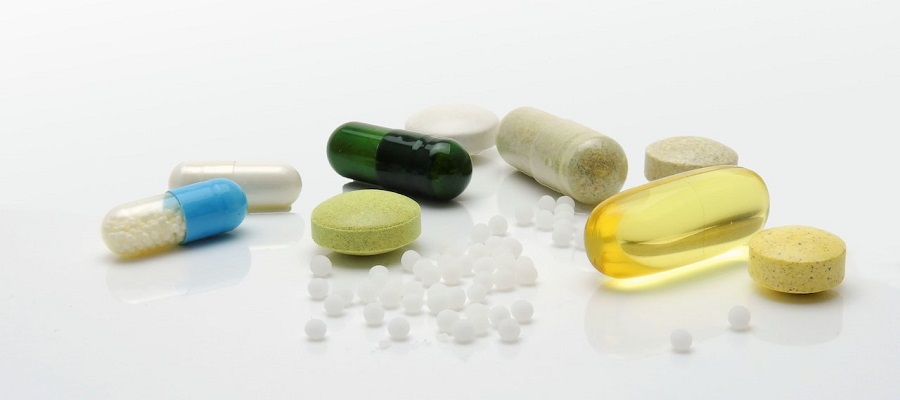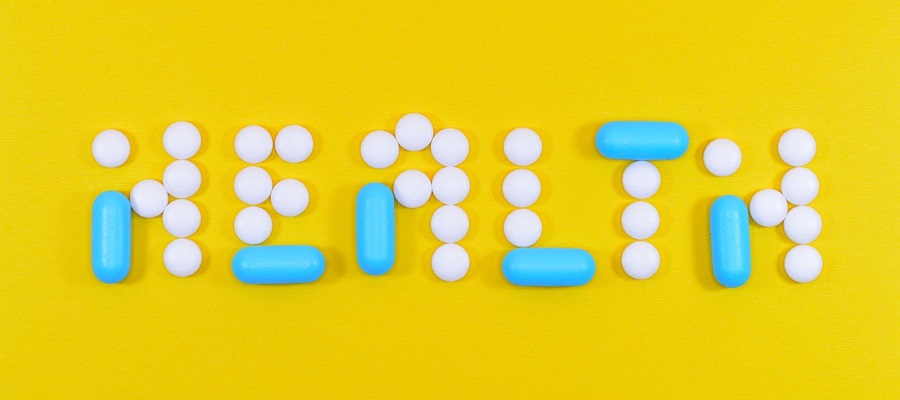Tryptophan is an amino acid that is found in many proteins. It is an essential amino acid, which means that it cannot be synthesized by the body and must be obtained through the diet. Tryptophan is a precursor to the neurotransmitter serotonin, which plays a role in mood regulation and sleep. It is also a precursor to the hormone melatonin, which helps regulate sleep-wake cycles.
There is no specific product or substance called "Everything Tryptophan." It is possible that you may be referring to a supplement that contains tryptophan or a food that is high in tryptophan. Tryptophan supplements are sometimes taken to help with sleep or mood, although the effectiveness of these supplements is not well established. Foods that are high in tryptophan include turkey, chicken, milk, cheese, nuts, seeds, and beans.
What does Tryptophan do for the body?
Tryptophan is an amino acid that plays a number of important roles in the body. It is a precursor to the neurotransmitter serotonin, which helps regulate mood and sleep, as well as the hormone melatonin, which helps regulate sleep-wake cycles.
Tryptophan is also involved in the synthesis of proteins and is needed for the proper growth and repair of tissues. It is also involved in the production of niacin, a B vitamin that is important for energy metabolism and the maintenance of healthy skin, nerves, and digestive system.
Tryptophan is an essential amino acid, which means that it cannot be synthesized by the body and must be obtained through the diet. Foods that are high in tryptophan include turkey, chicken, milk, cheese, nuts, seeds, and beans. Tryptophan supplements are sometimes taken to help with sleep or mood, although the effectiveness of these supplements is not well established.
How much Tryptophan does one need daily?
The recommended daily intake of tryptophan for adults is around 4 milligrams per kilogram of body weight. This means that a person weighing 70 kilograms (154 pounds) would need approximately 280 milligrams of tryptophan per day.
It is generally easy to get enough tryptophan through a healthy, varied diet that includes protein-rich foods such as meat, poultry, seafood, dairy products, nuts, and seeds. Tryptophan is also found in smaller amounts in some plant-based protein sources, such as beans, lentils, and tofu.
It is not necessary to take tryptophan supplements to get enough of this amino acid, as it is usually readily available in the diet. Tryptophan supplements are sometimes taken to help with sleep or mood, although the effectiveness of these supplements is not well established. If you are considering taking tryptophan supplements, it is important to speak with a healthcare provider to determine whether they are appropriate for you.
Which foods contain a lot of Tryptophan?
There are many foods that contain tryptophan, including:
-
Turkey: Turkey is a rich source of tryptophan, and is often associated with feelings of sleepiness after a Thanksgiving feast.
-
Chicken: Chicken is also a good source of tryptophan.
-
Dairy products: Milk, cheese, and yogurt are all good sources of tryptophan.
-
Nuts and seeds: Nuts and seeds, such as almonds, pumpkin seeds, and sunflower seeds, are high in tryptophan.
-
Beans and legumes: Beans and legumes, such as lentils, chickpeas, and soybeans, contain tryptophan.
-
Tofu: Tofu is a good source of tryptophan for vegetarians and vegans.
-
Fish: Fish, such as cod, tuna, and salmon, contain tryptophan.
It is important to note that the body's ability to absorb tryptophan from the diet can be affected by the presence of other amino acids. Therefore, it is best to consume tryptophan as part of a protein-rich food, rather than on its own.
Can one over-supplement Tryptophan?
It is generally not necessary to take tryptophan supplements, as it is usually readily available in the diet. Tryptophan supplements are sometimes taken to help with sleep or mood, although the effectiveness of these supplements is not well established.
If you are considering taking tryptophan supplements, it is important to speak with a healthcare provider to determine whether they are appropriate for you and to discuss the appropriate dosage. Overdosing on tryptophan supplements can cause side effects, such as nausea, stomach pain, and diarrhea.
In rare cases, large amounts of tryptophan can cause a condition called eosinophilia-myalgia syndrome (EMS), which is characterized by muscle weakness, fever, and rash. EMS can be serious and potentially life-threatening, and is thought to be caused by contaminants in some tryptophan supplements. For this reason, it is important to be cautious when taking tryptophan supplements and to only use products that have been properly manufactured and labeled.


